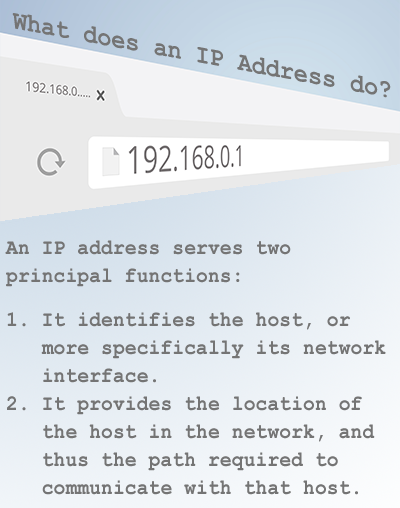In the digital age, data is the lifeblood of effective B2B marketing. The more information you have about your target audience, the better equipped you are to craft personalized, relevant campaigns that drive engagement and conversions. While firmographic data like industry type, company size, and sales volume are essential, adding IP address data to your B2B files can unlock new opportunities for precision targeting and real-time engagement. Here’s why incorporating IP addresses into your firmographic data is a game-changer for B2B marketing.
What is IP Address Data, and Why Does it Matter?
An IP (Internet Protocol) address is a unique identifier assigned to every device connected to the internet. In the context of B2B marketing, IP address data can reveal the geographic location, company, and even the specific office or department of a web visitor. By capturing and analyzing IP address data, you can gain valuable insights into who is interacting with your digital content, where they are located, and potentially which organization they represent.
This data is particularly powerful in B2B marketing because it allows you to identify and engage with specific companies as they browse your website or interact with your online content. For example, if a visitor from a Fortune 500 company views your pricing page, you can use this information to tailor follow-up communications, such as personalized emails or targeted ads, that address their specific interests or needs. This level of precision targeting can significantly improve your conversion rates and shorten the sales cycle.
Enhancing Targeting and Personalization with IP Address Data
Adding IP address data to your firmographic files enables a new level of targeting and personalization in your marketing efforts. By associating IP addresses with specific companies or industry sectors, you can create hyper-targeted campaigns that resonate with the unique needs of different audience segments. For example, you can tailor your content to address the pain points of a particular industry or customize your messaging to align with the priorities of a specific company.
IP address data also allows for real-time personalization. When a visitor from a known IP address lands on your website, you can dynamically adjust the content they see based on their company’s profile or previous interactions with your brand. This might include displaying industry-specific case studies, relevant product offerings, or personalized calls to action that encourage further engagement. By delivering highly relevant content in real time, you can create a more engaging user experience that is likely to result in higher conversion rates.
Improving Account-Based Marketing (ABM) Strategies
IP address data is particularly valuable for account-based marketing (ABM) strategies. ABM focuses on targeting specific high-value accounts with personalized marketing efforts, and IP address data can significantly enhance this approach. By tracking the online behavior of key accounts through their IP addresses, you can gain insights into their interests, challenges, and needs, allowing you to tailor your outreach with pinpoint accuracy.
For instance, if an IP address associated with a target account frequently visits your blog posts about a particular solution, this could indicate a strong interest in that product area. Armed with this knowledge, your sales team can craft a customized pitch that addresses the specific needs and interests of that account, increasing the likelihood of closing the deal. Additionally, IP address data can help you identify new opportunities within your target accounts, such as when multiple IP addresses from the same company show interest in different solutions, indicating cross-selling potential.
Enhancing Security and Fraud Prevention
Beyond marketing and sales, adding IP address data to your B2B files can also enhance security and fraud prevention efforts. By monitoring the IP addresses interacting with your digital properties, you can detect suspicious activity, such as repeated access attempts from unfamiliar or blacklisted IP addresses. This can help protect your business from cyber threats, data breaches, and fraudulent activities, ensuring that malicious actors do not compromise your marketing and sales efforts.
Achieve Greater Precision in Targeting
Incorporating IP address data into your firmographic files is a powerful way to elevate your B2B marketing strategy. By leveraging this data, you can achieve greater precision in targeting, enhance the personalization of your campaigns, and improve the effectiveness of your account-based marketing efforts. The ability to identify and engage with specific companies in real-time is invaluable. Don’t overlook the potential of IP address data—integrate it into your marketing strategy today and unlock new opportunities for growth and success.
With an IP address, you can:
- Serve localized, targeted content
- Identify an entire organization
- Gather geographical data to discover more about where your customers are
- Define zones for gated content and advertising
- Customize content to connection speeds
- Verify customer and prospect data to protect information
- Test-market in key regions

Using IP address append, we can also identify:



